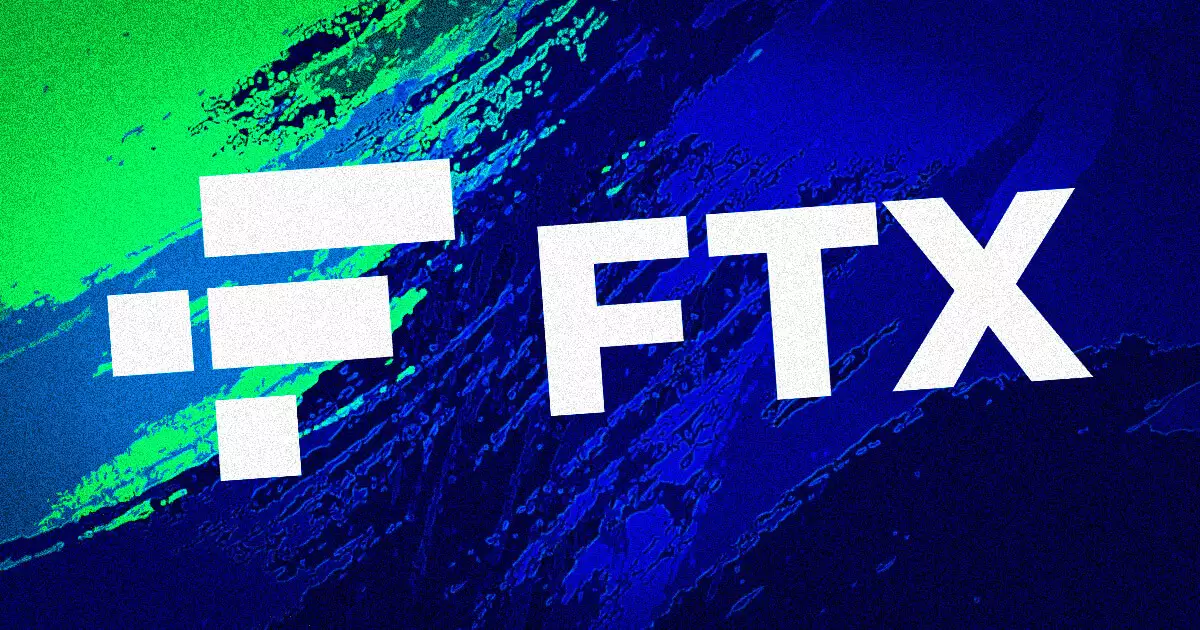FTX, a collapsed cryptocurrency exchange, has recently moved nearly $10 million in altcoins from its cold wallet on Solana to Ethereum. The transactions, which involved prominent tokens such as LINK, SUSHI, LUNA, and YFI, were executed using the Wormhole Bridge. The motive behind these transfers remains unclear, leaving several questions unanswered. Is it linked to the exchange’s ongoing bankruptcy proceedings, or is it related to its recent request to engage Galaxy Digital for selling its crypto assets?
FTX filed a request with the bankruptcy court seeking permission to appoint Galaxy Digital Capital Management to manage certain aspects of its digital assets. This includes trading, conversion into fiat currency or stablecoins, and hedging against volatile cryptocurrencies. In return, Galaxy would receive a monthly fiduciary fee. FTX highlighted Galaxy’s expertise in executing large cryptocurrency sales without significant market impact, making it a suitable choice for the exchange’s restructuring efforts. The objective of these engagements is to monetize FTX’s cryptocurrency holdings and support its bankruptcy plan.
FTX has faced criticism from its creditors due to the slow progress in its bankruptcy plan negotiations. During the latest bankruptcy hearing, FTX’s attorney, Brian Glueckstein, resisted calls for expedited mediation and stated that the process is expected to conclude only in the second quarter of 2024. This delay has led to tensions, especially regarding FTX’s attempts to find a buyer for its international exchange, FTX.com, and the lack of transparency regarding incoming bids. Creditors’ committee attorney, Kris Hansen, also raised concerns about the substantial amount of money spent on attorneys’ fees and other costs due to FTX’s delay in addressing creditor concerns.
In an effort to maximize creditors’ recovery, FTX intends to initiate lawsuits against its founder, Sam Bankman-Fried, investment firm K5, and the founders of FTX acquisition targets. These legal actions aim to obtain compensation for alleged misuse and loss of billions of dollars in customers’ crypto deposits. However, the effectiveness of this approach remains to be seen, as creditors are growing increasingly frustrated with the lack of progress and information shared by FTX.
The recent cold wallet transfers of altcoins by FTX raise more questions than answers. The reasons behind these moves remain undisclosed, leaving room for speculation. FTX’s engagements with Galaxy Digital may provide some insight into the exchange’s attempts to monetize its cryptocurrency holdings and restructure its operations. However, criticisms from creditors regarding the slow pace of bankruptcy plan negotiations and the lack of transparency surrounding the sale of FTX.com raise concerns about the exchange’s ability to address the needs of its stakeholders. Overall, FTX’s actions and decisions in the coming months will play a crucial role in determining the fate of the exchange and its creditors.


Leave a Reply